When 13-year-old Minati Gagaria from Orissa bags a bravery award from President A P J Abdul Kalam on Wednesday, she will symbolise a punchy protest against the ancient tribal custom of child marriages.
BHUBANESWAR: When 13-year-old Minati Gagaria from Orissa bags a bravery award from President A P J Abdul Kalam on Wednesday, she will symbolise a punchy protest against the ancient tribal custom of child marriages.
"It was not easy to go against a system when my own family members were involved," said Gagaria, a Munda tribal girl of Nuasahi village in Keonjhar district who dared to revolt against child marriages.
Gagaria, who had almost become a victim of this practice, escaped her fate and a 50-year-old bridegroom by fleeing into a nearby forest, thereby becoming a role model for the tribal girls who face family pressures to marry young.
"After spending seven days in a dense forest, I became confident of facing the situation. I can’t sacrifice my life for this evil practice. I knew that I cannot change the system but I thought one has to raise a protest. So I decided to fight it," said Gagaria, all set to receive the prestigious National Bravery Award on Republic Day eve.
All the residents in Nuasahi village belong to the Munda community, a primitive tribe of Orissa. On Jan 15 last year, during the Maga Parab festival, Gagaria was happy to get a new dress.
She went to the festival ground with her friends and at midnight, along with other young boys and girls, started dancing to the beats of dhol.
According to custom, if a man of the community throws sindoor at a girl and it falls on her forehead, the girl has to marry that man whether she likes it or not.
Gagaria’s life took a dramatic turn when 50-year old Suna Hembram threw sindoor at her. The next moment senior members of the community declared it a ‘marriage’.
"How could I accept an old man of my father’s age as a husband?" she asked. "How could they impose their decision on me and play with my life? Then and there I refused to marry that old man, though I did not know what was going to happen."
Hembram was no stranger to the girl. He was, in fact, a maternal relative who stayed with her family off and on after the death of her father in 2001. When she came back from the festival ground, Gagaria says she was depressed and locked herself in a room.
The next morning her entire family, including Hembram, tried to convince her but failed.
In March, her mother and sister-in-law went to a nearby village to attend a ceremony, leaving Gagaria alone with her little sister at home when a drunk Hembram tried to molest her.
However, she managed to escape and later narrated the incident to her mother, who surprisingly evinced indifference. The next day Gagaria faced more pressure to accept the marriage.
That night, she stole away into the forest and slept under a tree. "I was ready to die, but not spend my entire life with an old man," she added.
Back home, her family frantically searched for her while she spent seven days in the forest surviving on roots and leaves. She then tried to contact one of her friends - Nirupama. Luckily, Nirupama’s husband was willing to help her. With their help, Gagaria lodged a complaint with the Nuasahi police against her brother, mother and Hembram, leading to their arrests.
Her mother and sister-in-law were released on bail subsequently but her brother and "groom" are still in judicial custody. "There is nothing wrong in marrying at a young age," the duo said. "We got married at the age of 10 and 12, respectively. It is a tradition and everybody has to maintain it."
![submenu-img]() This classic was made by director in frustration, was rejected by Amitabh, Naseer, inspired many filmmakers, earned...
This classic was made by director in frustration, was rejected by Amitabh, Naseer, inspired many filmmakers, earned...![submenu-img]() Panchayat's Durgesh Kumar says viral 'Dekh raha hai Binod' line is not his anymore, reacts to memes | Exclusive
Panchayat's Durgesh Kumar says viral 'Dekh raha hai Binod' line is not his anymore, reacts to memes | Exclusive![submenu-img]() 'Against Gambhir becoming the coach...': Sourav Ganguly gets slammed by fans for indirect tweet towards BCCI
'Against Gambhir becoming the coach...': Sourav Ganguly gets slammed by fans for indirect tweet towards BCCI![submenu-img]() 'The Indian Sarcasm': From Humble Beginnings to Conquering Social Media
'The Indian Sarcasm': From Humble Beginnings to Conquering Social Media ![submenu-img]() As rumours of divorce with Natasa Stankovic get stronger, fans wonder where is Hardik Pandya?
As rumours of divorce with Natasa Stankovic get stronger, fans wonder where is Hardik Pandya?![submenu-img]() Meet IAS officer who was victim of domestic violence, mother of two, cracked UPSC exam in first attempt, she's posted in
Meet IAS officer who was victim of domestic violence, mother of two, cracked UPSC exam in first attempt, she's posted in![submenu-img]() RBSE Class 5th, 8th Result 2024 Date, Time: Rajasthan board to announce results today, get direct link here
RBSE Class 5th, 8th Result 2024 Date, Time: Rajasthan board to announce results today, get direct link here![submenu-img]() RBSE Rajasthan Class 10 board results out, check direct link here to know results
RBSE Rajasthan Class 10 board results out, check direct link here to know results![submenu-img]() RBSE 10th Result 2024: Rajasthan Board Class 10 results to be out today; check time, direct link here
RBSE 10th Result 2024: Rajasthan Board Class 10 results to be out today; check time, direct link here![submenu-img]() Meet Indian genius who founded India's first pharma company, he is called 'Father of...
Meet Indian genius who founded India's first pharma company, he is called 'Father of...![submenu-img]() DNA Verified: Did Kangana Ranaut party with gangster Abu Salem? Actress reveals who's with her in viral photo
DNA Verified: Did Kangana Ranaut party with gangster Abu Salem? Actress reveals who's with her in viral photo![submenu-img]() DNA Verified: New Delhi Railway Station to be closed for 4 years? Know the truth here
DNA Verified: New Delhi Railway Station to be closed for 4 years? Know the truth here![submenu-img]() DNA Verified: Did RSS chief Mohan Bhagwat praise Congress during Lok Sabha Elections 2024? Know the truth here
DNA Verified: Did RSS chief Mohan Bhagwat praise Congress during Lok Sabha Elections 2024? Know the truth here![submenu-img]() DNA Verified: Is CAA an anti-Muslim law? Centre terms news report as 'misleading'
DNA Verified: Is CAA an anti-Muslim law? Centre terms news report as 'misleading'![submenu-img]() DNA Verified: Lok Sabha Elections 2024 to be held on April 19? Know truth behind viral message
DNA Verified: Lok Sabha Elections 2024 to be held on April 19? Know truth behind viral message![submenu-img]() Streaming This Week: Panchayat season 3, Swatantrya Veer Savarkar, Illegal season 3, latest OTT releases to binge-watch
Streaming This Week: Panchayat season 3, Swatantrya Veer Savarkar, Illegal season 3, latest OTT releases to binge-watch![submenu-img]() Avneet Kaur shines in navy blue gown with shimmery trail at Cannes 2024, fans say 'she is unstoppable now'
Avneet Kaur shines in navy blue gown with shimmery trail at Cannes 2024, fans say 'she is unstoppable now'![submenu-img]() Assamese actress Aimee Baruah wins hearts as she represents her culture in saree with 200-year-old motif at Cannes
Assamese actress Aimee Baruah wins hearts as she represents her culture in saree with 200-year-old motif at Cannes ![submenu-img]() Aditi Rao Hydari's monochrome gown at Cannes Film Festival divides social media: 'We love her but not the dress'
Aditi Rao Hydari's monochrome gown at Cannes Film Festival divides social media: 'We love her but not the dress'![submenu-img]() AI models play volley ball on beach in bikini
AI models play volley ball on beach in bikini![submenu-img]() DNA Explainer: Why was Iranian president Ebrahim Raisi, killed in helicopter crash, regarded as ‘Butcher of Tehran’?
DNA Explainer: Why was Iranian president Ebrahim Raisi, killed in helicopter crash, regarded as ‘Butcher of Tehran’?![submenu-img]() DNA Explainer: Why did deceased Iranian President Ebrahim Raisi wear black turban?
DNA Explainer: Why did deceased Iranian President Ebrahim Raisi wear black turban?![submenu-img]() Iran President Ebrahim Raisi's death: Will it impact gold, oil prices and stock markets?
Iran President Ebrahim Raisi's death: Will it impact gold, oil prices and stock markets?![submenu-img]() Haryana Political Crisis: Will 3 independent MLAs support withdrawal impact the present Nayab Saini led-BJP government?
Haryana Political Crisis: Will 3 independent MLAs support withdrawal impact the present Nayab Saini led-BJP government?![submenu-img]() DNA Explainer: Why Harvey Weinstein's rape conviction was overturned, will beleaguered Hollywood mogul get out of jail?
DNA Explainer: Why Harvey Weinstein's rape conviction was overturned, will beleaguered Hollywood mogul get out of jail?![submenu-img]() This classic was made by director in frustration, was rejected by Amitabh, Naseer, inspired many filmmakers, earned...
This classic was made by director in frustration, was rejected by Amitabh, Naseer, inspired many filmmakers, earned...![submenu-img]() Panchayat's Durgesh Kumar says viral 'Dekh raha hai Binod' line is not his anymore, reacts to memes | Exclusive
Panchayat's Durgesh Kumar says viral 'Dekh raha hai Binod' line is not his anymore, reacts to memes | Exclusive![submenu-img]() Dalljiet Kaur's husband Nikhil Patel reveals why their relationship ended, breaks silence on extra-marital allegations
Dalljiet Kaur's husband Nikhil Patel reveals why their relationship ended, breaks silence on extra-marital allegations![submenu-img]() This small-budget blockbuster was rejected by Amitabh Bachchan, attained cult status, made director star; film earned...
This small-budget blockbuster was rejected by Amitabh Bachchan, attained cult status, made director star; film earned...![submenu-img]() ‘They never make it better’: Game of Thrones creator George RR Martin slams film, TV adaptations of books
‘They never make it better’: Game of Thrones creator George RR Martin slams film, TV adaptations of books![submenu-img]() 'No one wanted to...': Billionaire Anil Agarwal’s daughter makes shocking revelation
'No one wanted to...': Billionaire Anil Agarwal’s daughter makes shocking revelation![submenu-img]() 'Humko nahi rahna is gola pe': Heatwave triggers meme fest on social media
'Humko nahi rahna is gola pe': Heatwave triggers meme fest on social media![submenu-img]() 'Ridiculous': Woman claims Swiggy charged Rs 115 for Rs 45 bun butter jam, shares bill
'Ridiculous': Woman claims Swiggy charged Rs 115 for Rs 45 bun butter jam, shares bill![submenu-img]() Man sells replicas of Nita Ambani's necklace for Rs 178, Harsh Goenka reacts
Man sells replicas of Nita Ambani's necklace for Rs 178, Harsh Goenka reacts![submenu-img]() Man dies after being sucked into plane engine in front of passengers at airport
Man dies after being sucked into plane engine in front of passengers at airport
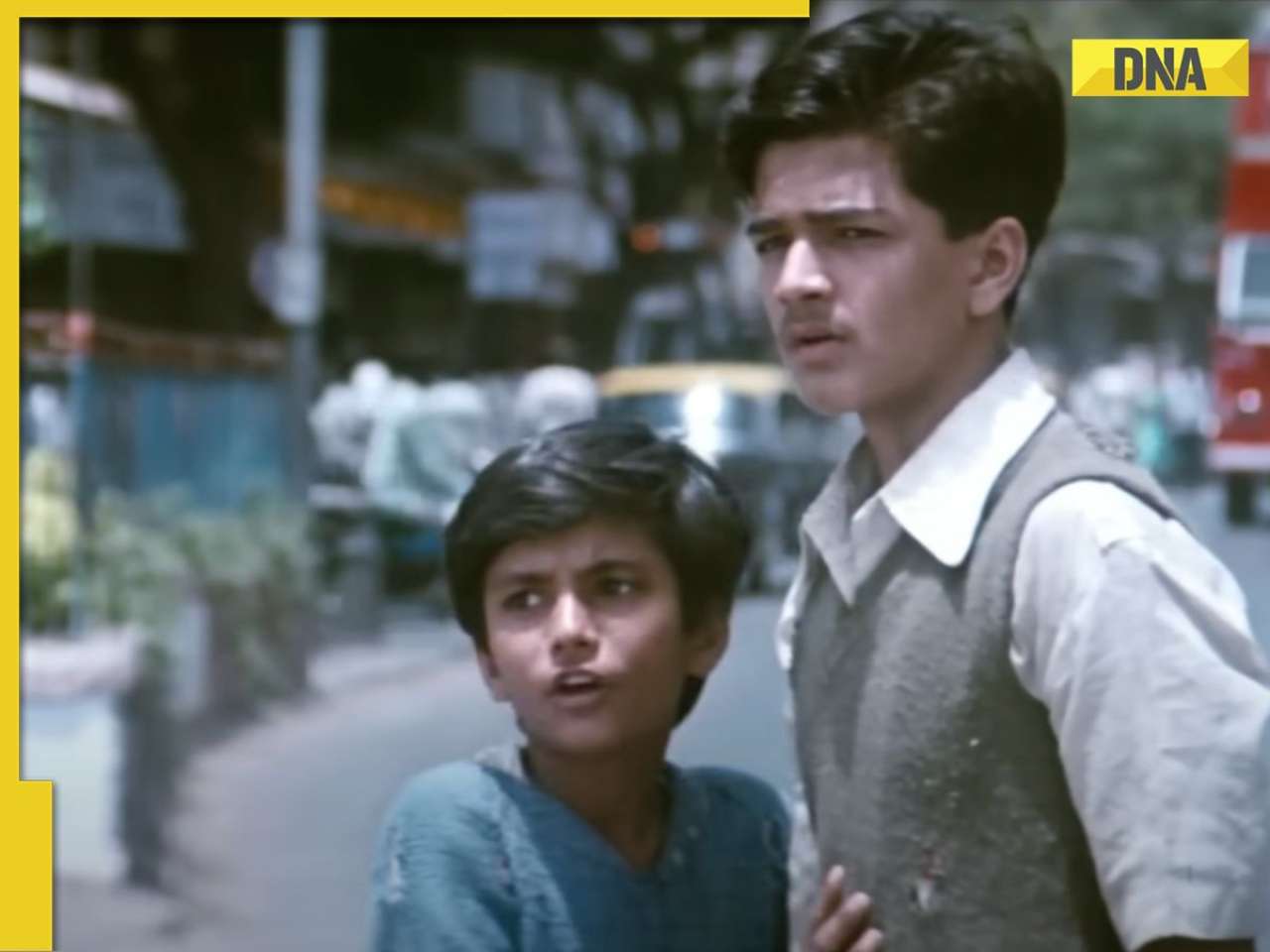











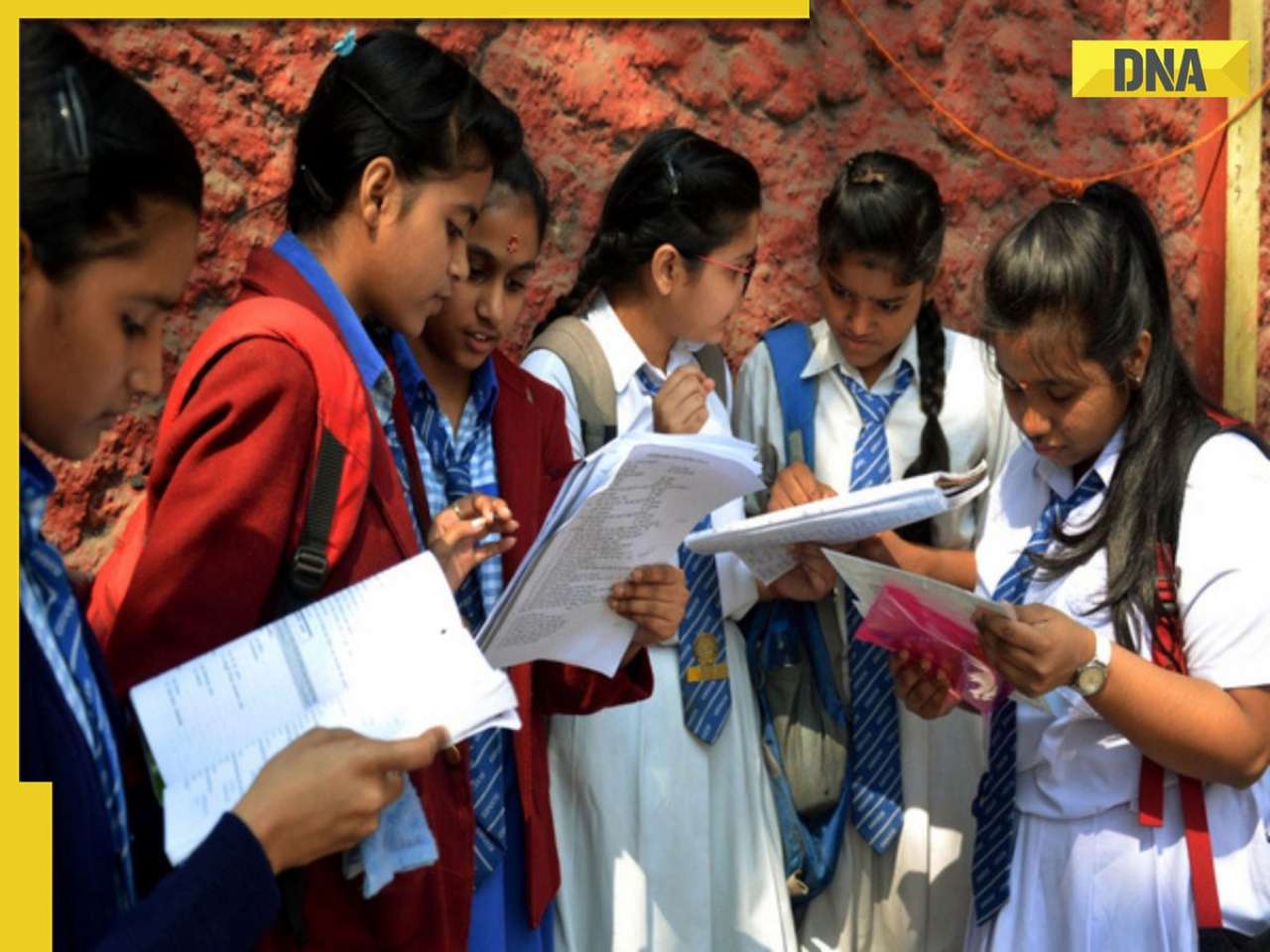
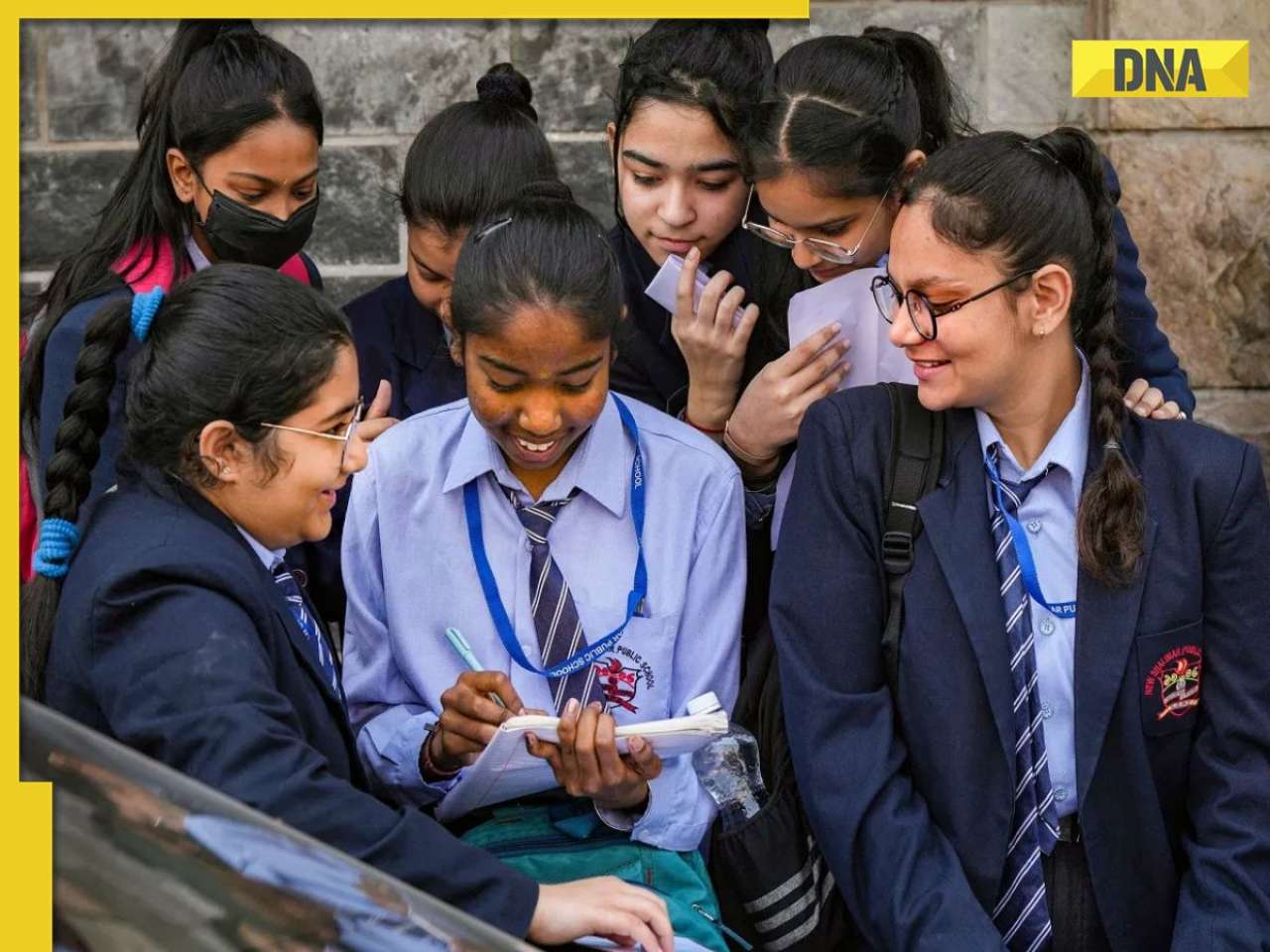
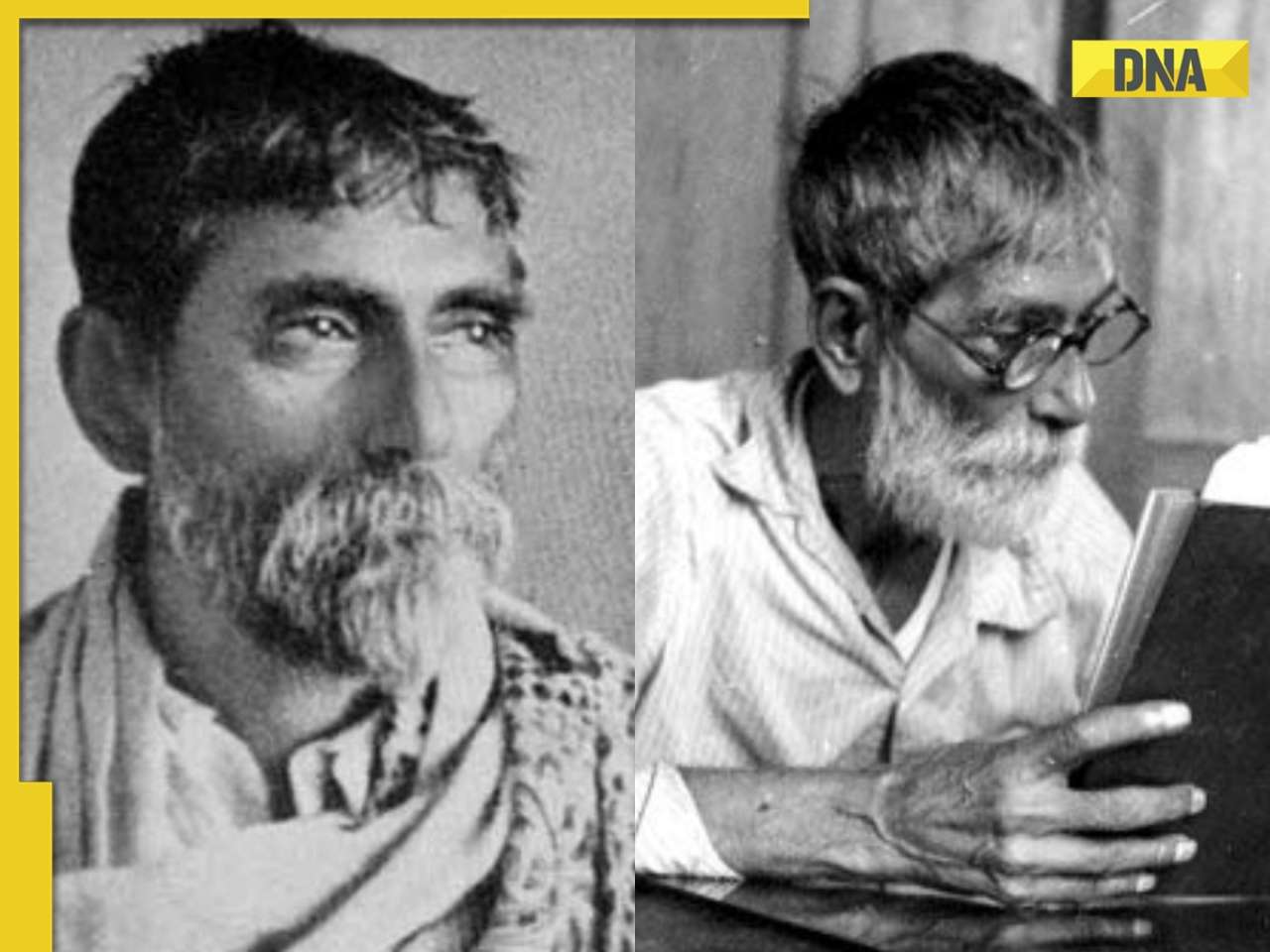















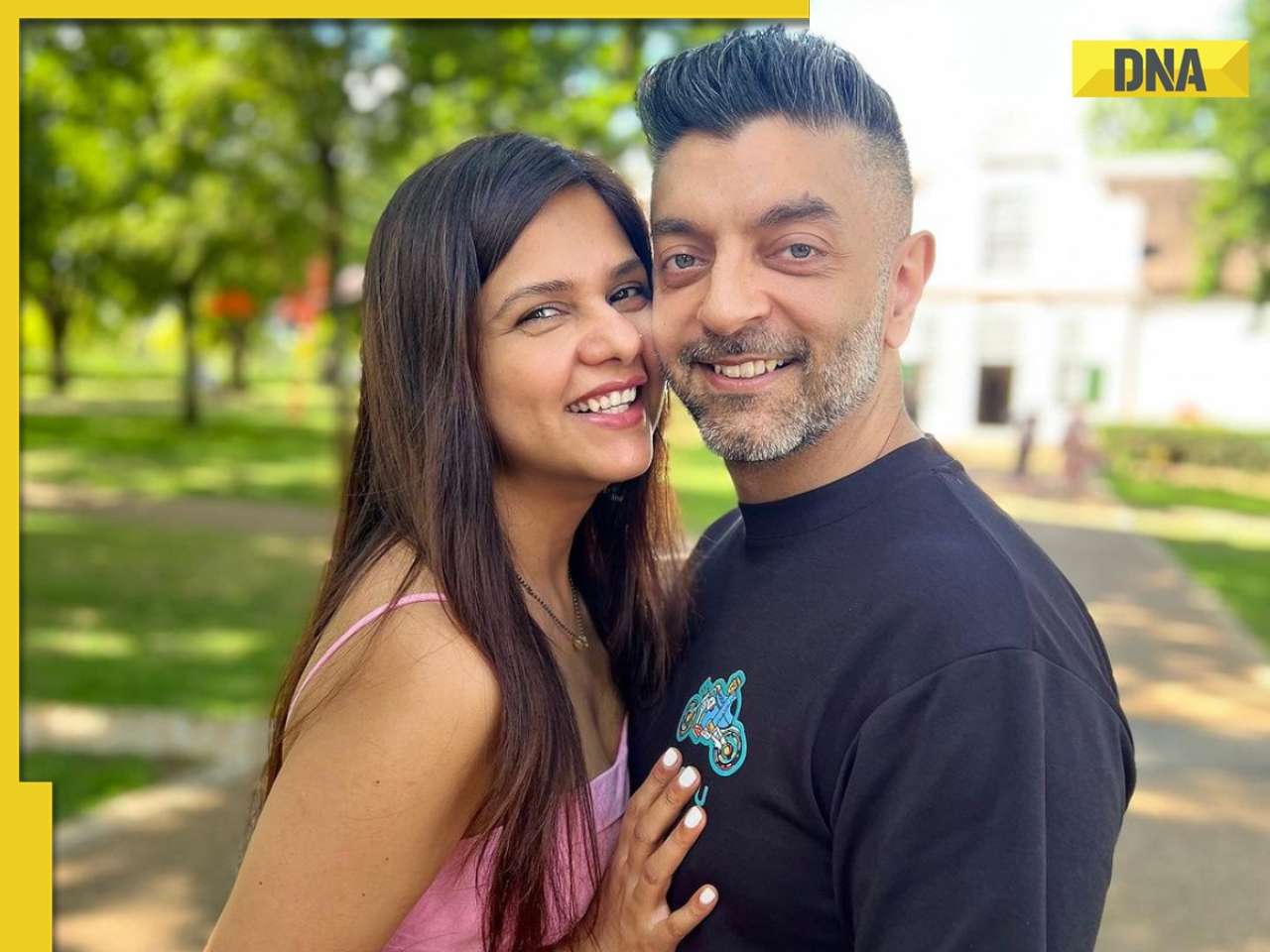





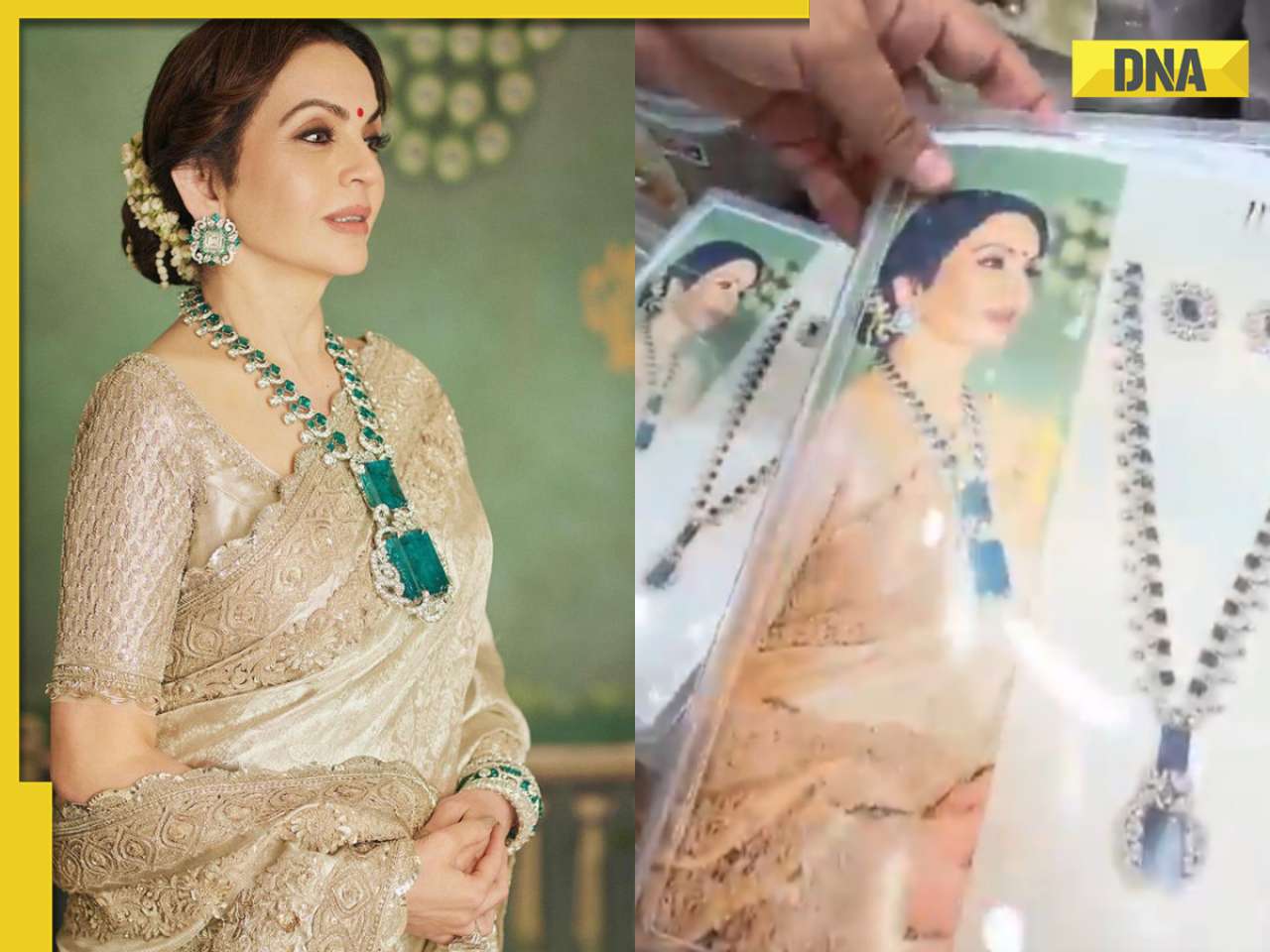







)
)
)
)
)
)